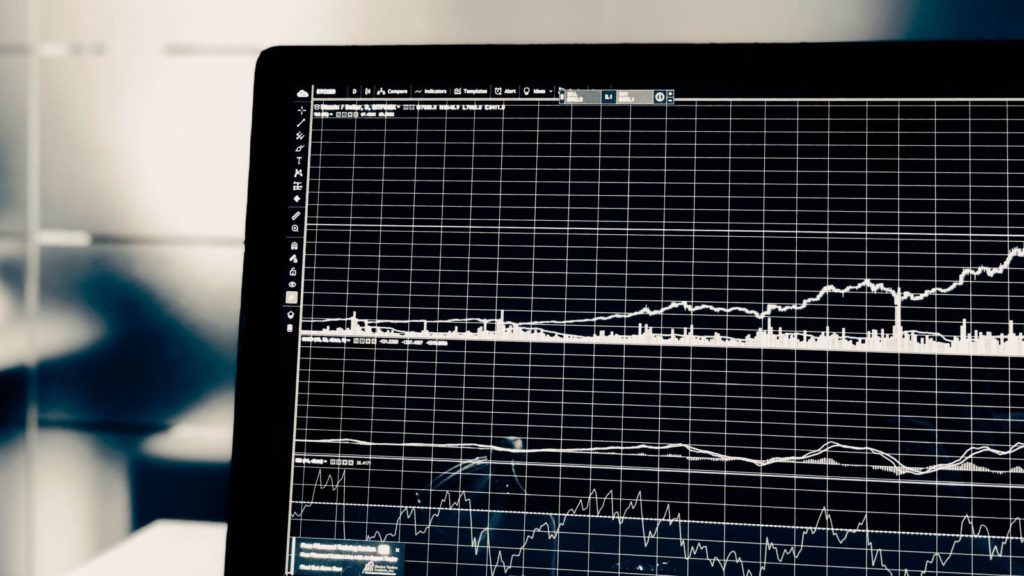Sony launches the WF-1000XM6 in South Africa with upgraded noise cancelling, better call clarity and premium sound. Pricing starts at R7,999.
Data analytics and its impact on your business

We live in a world where there is more information captured on a minute-by-minute basis about our daily lives than ever before. Practically everything we do leaves a trail.
With IoT becoming more of a reality each day with almost every home appliance potentially getting an IP address.
Data analytics is the art of recognising the patterns in this melange of data and extracting meaningful behaviour altering insights from it.
The career of a data scientist is relatively new. As a degree (yip; you can get a degree in data science now) is one of the fastest growing disciples in varsities today.
The question that we need to ask ourselves is how ethical is this behaviour impacting discipline.
Walmart data analytics
By way of an example, let’s look at one of companies who have been known to be one of the most proficient at doing this: Walmart.
What Walmart does is quite genius. Every night all of the transaction data for the day is analysed (clearly not manually). They look for patterns of what has sold, what has been returned, what stores did well and which did not. They literally segment their till slip data into a myriad of different reports. These reports then influence the following days activities.
In other words they influence the buyers as to what stock to purchase; they look at repositioning stock within the store that is not moving; they can make pricing adjustments and when there is enough of a trend they can even make packaging decisions.
Personal data analytics
This is a very big retail business example. Let’s bring it down to your life.
How many of you are currently sporting an activity tracker? I am willing to bet that’s most of you.
This is the most tangible example of data analytics we have today.
As human beings we become obsessed with the data. How many steps did I to today? How well did I sleep? How many glasses of water did I drink? All of these questions are there because the activity tracker is able to analyse the data that we feed to it every minute of the day.
Medical aids and other organisations have picked up this trend of personal data analytics and are using that to influence our behaviors in a personally positive way, but also a way that is good for their business.
A medical aid that has a lot of healthy members who are fit and active, generally claim a lot less than those members who are unfit and lazy. When their members don’t claim, the medical aid doesn’t have to pay out as much and can retain their earnings as profit. It is in their best interests to keep you as healthy as possible.
They influence our behaviour by incentivising good and positive behaviour. It is practically Pavlovian. Ding! The better we behave, the more we get rewarded. Ding!
Data analytics = improvement
Data analytics is not just in the consumer space. Data analytics affects every aspect of the typical business value chain.
The more we analyse data to find where the inefficiencies are in the way we do things, the better we are equipped to make changes for the better.
These small iterative changes influence our behaviour each day. As I said in the beginning of this article, the trick is understanding where the ethical line is and not to cross it. Once we have collected enough data and are able to establish a pattern, we are able to change consumer behaviour to make them unwittingly do what we want them to.
Feature image: Chris Liverani via Unsplash

